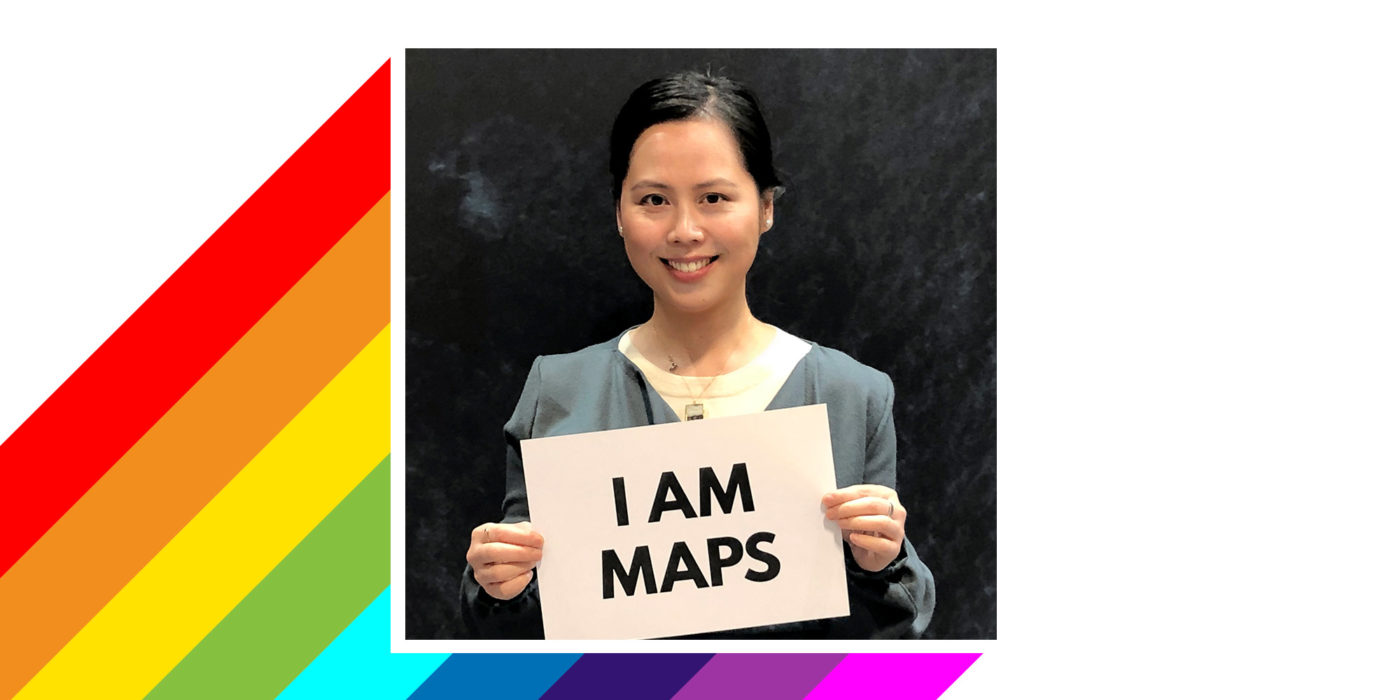I am sometimes asked why as a physician, I use my voice in support of MAPS. The answer is simple. MAPS is an extension of my commitment to serve the health of humanity, as a personal expression of the Hippocratic Oath that all physicians must take.
What defines optimal human health? Intuitively, we understand this to mean wellness in body, mind and spirit. It is about wholeness, in harmony within ourselves, with others and the world. Science also affirms the value of communication and interconnection to support health. For me, this is the promise of MAPS. The Marine Arctic Peace Sanctuary is not only protecting the Arctic Ocean, a pristine environment, from damaging activities driven by greed and selfishness. MAPS is the realization of a new way of living, a new Earth where people live in harmony with Nature and the interconnection that is our own nature. MAPS is a vision for a sustainable planet, one of interdependent ecosystems that thrive in symbiosis. MAPS is truly a voice for everyone, by affirming the inherent place of each within the whole and by giving all people and nations a chance to speak up and express their need for a healthy world.
As a neurologist, I naturally emphasize brain health with my patients. However, it would be short-sighted to forget that the brain, like all other organs, is dependent on the health of the whole organism. For example, treating a patient who has suffered a stroke would not be complete without examining the cardiovascular system. That system might also be diseased with impaired blood flow, ultimately resulting in stroke. Similarly, in treating a patient with migraines, I must also ask about their diet and digestive health. And when a patient exhibits altered speech, I need to rule out non-neurological causes that might be compromising the vocal apparatus.
It is interesting to note that cells that have evolved mechanisms to become autonomous, often extracting resources from other body tissues—to the detriment of the organism—are what we call cancerous. In a similar way, humans are one element of the interdependent whole of Nature, and our health is intimately linked with that of our environment. This applies not only to our physical surroundings, but to the social milieu as well as the principles upon which our society is built. A social fabric built on kindness and altruism, in service to the greater good, is a key determinant of individual and population health.
Altruistic Behaviour in Harmony with Nature
There are many examples of altruistic behaviour and its benefits in the natural world, from dolphins that help other trapped dolphins escape from fishing nets, to non-human primates that respond physically and emotionally to distressed kin. There are even studies of human infants displaying altruistic behaviour1, which suggests some degree of genetic hardwiring for this trait. From an evolutionary point of view, such behaviour is likely advantageous to ensure group survival. Research has also shown that relatively ancient regions of the human brain involved in reward and satisfaction are activated by performing acts of kindness. Furthermore, studies of altruistic behaviour and volunteerism in humans have shown benefits in reduced levels of stress and greater lifespan. They may even buffer against illness2.
In our world today, we are often faced with behaviours that run counter to these examples of cooperative generosity. The good news is that humans have the intellectual capacity and the freedom to determine our collective health and the health of our planet. We can choose to foster those conditions that promote greater social cohesion, equal access to basic human necessities, and sustainable use of resources. We can choose to champion the values that define the best of humanity. As a neurologist, I have chosen to articulate these ideals that create whole health for the patient, and ultimately for the population. As a MAPS volunteer, I have chosen to give voice to these values that are so beautifully represented through this work. MAPS is a call to remember and give voice to our inherent interconnection. This is indeed the mark of true health.

Karen Ho, MD, obtained her medical degree and completed residency training in neurology at Queen’s University School of Medicine in Canada. She is in private practice in Ottawa, Canada, takes part in teaching and mentorship, and is Parvati Foundation’s Alliance Coordinator.
References
1. Filkowski et al. “Altruistic behavior: mapping responses in the brain”. Neurosci Neuroecon. 2016; 5: 65–75.
2. https://www.theatlantic.com/health/archive/2015/12/altruism-for-a-better-body/422280/











